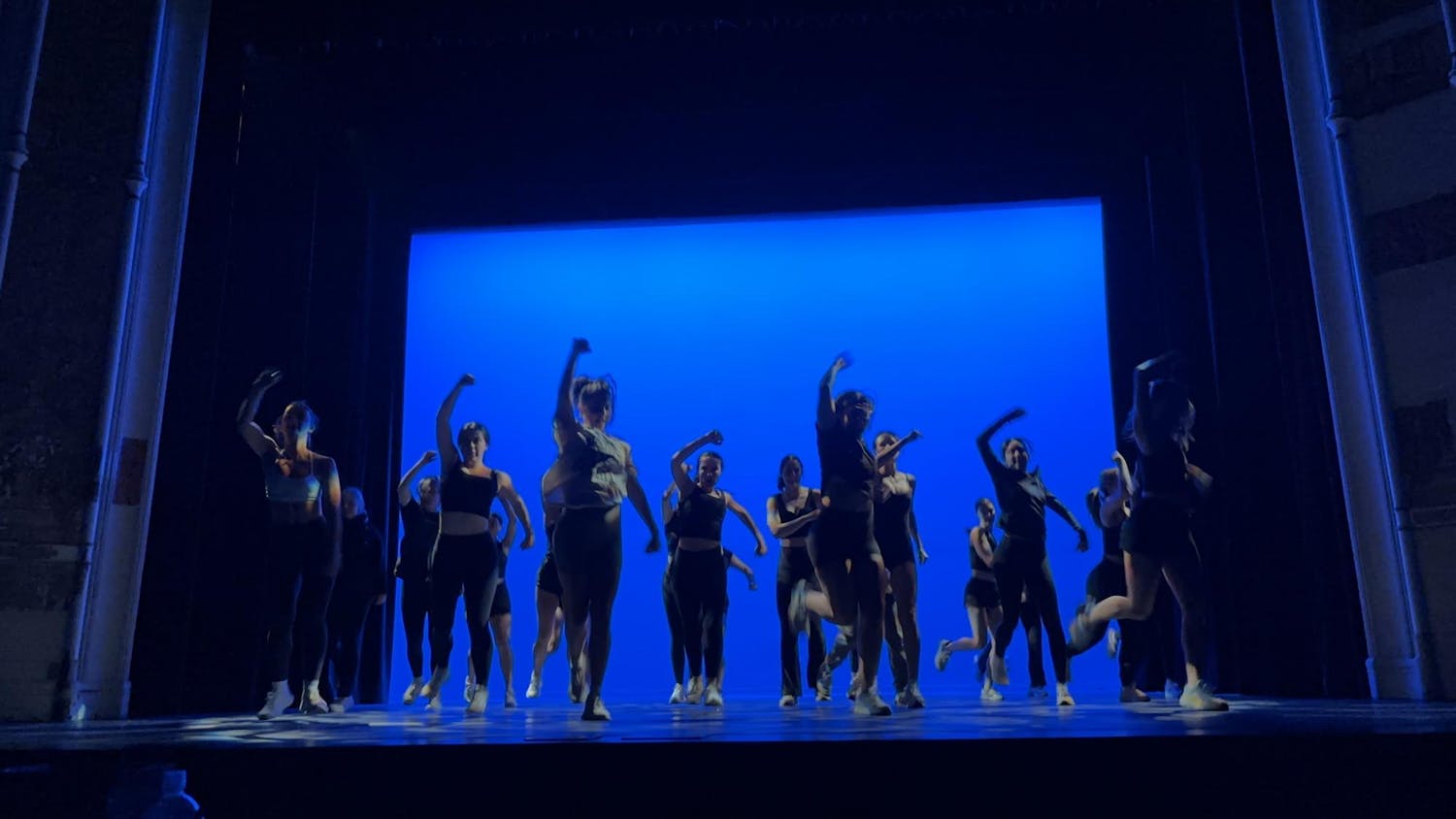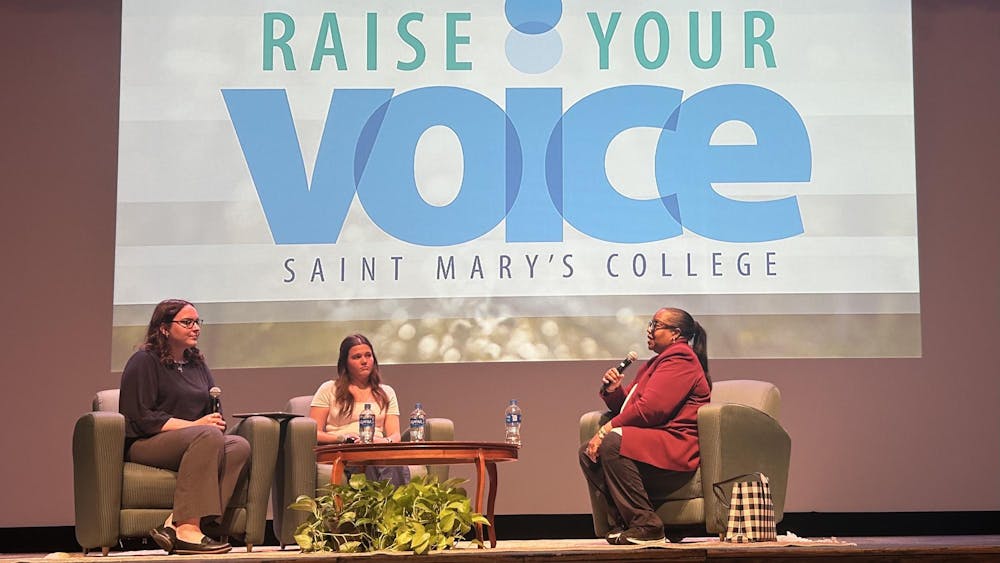While students and residence halls are competing to see who can save the most energy during the Office of Sustainability's month-long Dorm Energy Competition, the University is doing its own part to conserve as well.

Though the University itself is not doing a particular push for the month of November to save energy, there are various programs effective all year long, according to Rachel Novick, Education and Outreach Programs Manager for the Office of Sustainability.
"The University recently started work on stage two of its energy conservation measures," Novick said.
This $6.5 million investment means contractors will be around campus evaluating how to make the University more energy efficient.

The Office of Sustainability is also involved in a trial run with Eaton, an engineering company with which the University has partnered.
"We have an electric car on loan from Eaton," Novick said. "We're just trying it out and lending it to people on campus in order to explore the possibility of getting electric vehicles on campus."
The Office of Sustainability is also concerned about excessive waste in the dining halls.
"The energy impact of food is tremendous, and people aren't always conscious of how much energy and water went into the dining hall food," Novick said.
Co-sponsored by the Office of Sustainability and GreeND, the eND Hunger campaign runs during Wednesdays in the dining halls.
"The big focus is to raise donations for the food bank in northern Indiana, but it also includes a clean plate program at dinner on Wednesdays during November," Novick said.
Novick added that small-scale projects, such as turning off lights in unused classrooms was also "something we've been trying to work on."
"There is no reason for lights to be on at night in empty classrooms, and that's definitely been something we are working on with the building staff," she said. "We're exploring ideas about how to involve students in some sort of ‘turn off the lights' committee. If we can build a partnership with students and staff, we can be really successful."
There have been some improvements made to the process of reducing unnecessary lighting around campus, such as renovations that include lights with timers or motion sensors and emergency lighting that only turns on when a movement triggers it, rather than lights that stay on all night just for precaution.
"Reducing our carbon footprint is our biggest focus," Novick said. "Climate change is a global problem, and reducing our contribution to it will have an impact on the rest of the world."
On a local scale, Novick said saving energy results in the reduction of overall emissions and the result is cleaner air in our region.
The grand total of both the monetary and energy savings from the Dorm Energy Competition won't be announced until the end of the month, Novick said.
"It always surprises people how much energy can be saved," she said. "All the actions people do like turning off the light or unplugging unnecessary electronics are all really minor, but with a multiplication factor of 7,000 people on campus doing the same small actions, the numbers grow. Students as a community have a huge potential to save energy."












